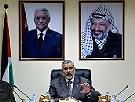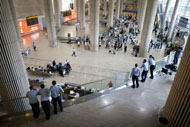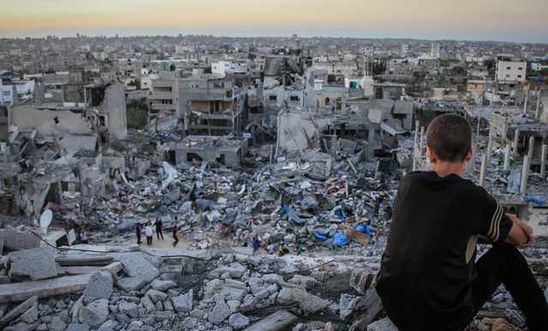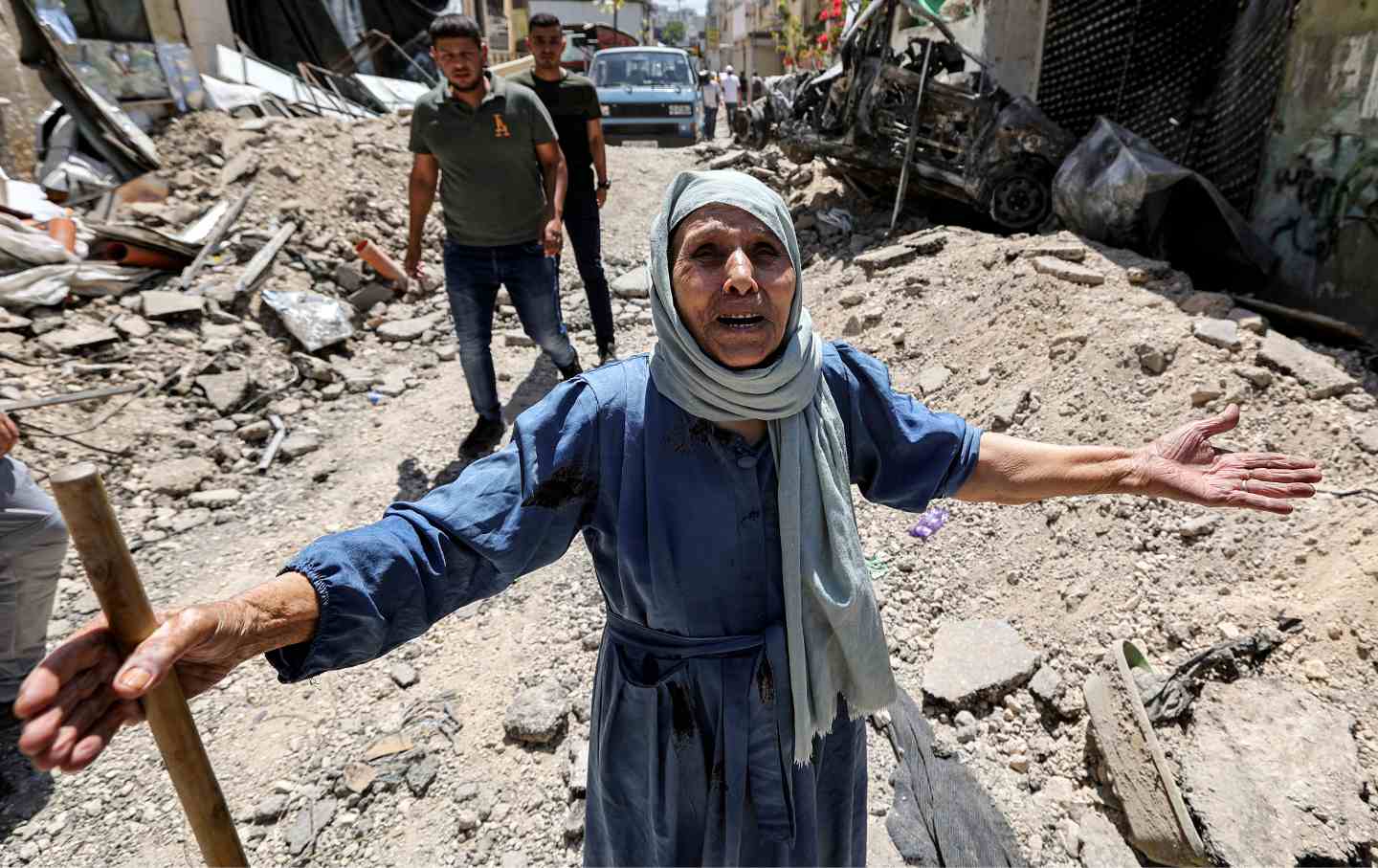
It’s a well known fact that politics makes strange bedfellows. Nowhere is this truer than in Palestine. Alliances change overnight and internal power struggles evolve and develop, sometimes reaching the brink of a dangerous eruption. Now with Hamas in power, these contradictions and clashes have never been so acute.
Any novice to the Palestinian-Israeli conflict would think that Hamas has always been Israel’s bitterest archenemy. For years, it has actively targeted its leadership and cadres, assassinating its top leaders and military commanders and cutting aid off to its social network of charitable societies and institutions.
However, at the time Hamas was established at the beginning of the first Intifada, Israel was actually banking on the hope that the Islamic movement would constitute an alternative to the then, much more powerful and influential Unified National Command under the PLO and could somehow help to foil its efforts in continuing the ever-strengthening uprising against the Israeli occupation.
The enmity that ensued between Hamas and the Palestinian leadership under the Palestinian Authority and more particularly Fateh, perhaps had its roots in Hamas’ early stages when Israel pitted one national resistance movement against the other. However, with the changing times and the ever-changing alliances, the dynamics of the relationship between Fateh, Israel and the international community have shifted, today taking on even more dangerous proportions by causing deep rifts between Fateh, now the opposition but still in the presidency, and the government, under Hamas.
Although tensions have been running high ever since Hamas won parliamentary elections last January, they reached their peak last week after President Abbas issued a presidential decree appointing Fateh veteran Rashid Shbak as head of internal security. In response, Hamas interior minister Said Siyam appointed head of the Popular Resistance Committees Jamal Abu Samhadaneh as head of a police force comprised of armed factions in Gaza.
The appointment was immediately vetoed by President Mahmoud Abbas, who said the move was in contravention with Palestinian law and would only lead to an escalation of tension and infighting.
The situation only worsened when on April 21, Hamas politburo head Khaled Mashal accused Fateh of being, not an opposition force, but of plotting to undermine the new government, much like the efforts of the United States and Israel.
Naturally, Fateh did not take the finger-pointing very well and charged Hamas with incitement that could lead to civil war. Several clashes followed including armed Fateh supporters storming the Ministry of Health in Gaza before being pushed back by Hamas-affiliated security guards. Fateh loyalists also broke into Gaza’s Islamic University, clashing with Hamas supporters and breaking and setting fire to university property.
Since then, a bitter war of words has ensued. President Abbas in, Turkey offered a cushioned threat to Hamas that should it not start fashioning its policies closer to those of the PLO, he would use his power as president to dissolve the government. Hamas has shot back that instead of causing rifts, the President should be making efforts to portray the Palestinians as a unified people with unified aspirations.
In all fairness, creating a unified front is becoming harder and harder for the Palestinians in light of the positions of the international community, which has taken this opportunity to pit the government against the presidency in a bid to crush the fledgling Hamas-led Palestinian leadership. This time, however, it is the presidency that the United States, the European Union and even Israel, is endorsing.
It was not so long ago that the former Palestinian President was besieged in his battered Ramallah headquarters, ostracized by Israel and the West, prohibited from leaving not only the country, but even his own compound. President Arafat was only allowed to fly out of the Muqata when Israel was confident he would not return alive.
At the time, Israel’s vicious campaign against Yasser Arafat was fully backed by the United States, which also shunned the Palestinian leader and adopted Israel’s approach to consider him irrelevant. The Palestinians were pushed and prodded to embrace the “true democratic way”, to hold PLC elections and to hopefully topple the man Israel claimed was the “obstacle to peace.”
Now, after the Palestinians have proven they are fully capable of conducting fair and honest elections, the world has changed its tune. Yes, the elections were fair, but the outcome was nowhere close to what the West wanted. With Hamas in power, the US and Europe are scurrying to pledge their allegiance to Abbas while at the same time refusing to deal with the same government they pushed into creation through a democratic process.
At this point, the most urgent concern for the Palestinians is money. With the US and EU refusing to offer direct aid to the Palestinian Authority, the government is trying to find ways to keep the Palestinians afloat including sending top Hamas officials on shuttle visits to several Arab and European countries. Here, the West is further demonstrating its hypocrisy in dealing with the Palestinian issue by saying it would funnel any funds to institutions or agencies directly under Abbas.
This has left Hamas under the weight of dual pressures - the immediate pressure to provide for the Palestinians and prove they are capable of leading the people, and the pressure to rise above its differences with Fateh and the presidency, which is pushing it to accept the principles on which the PA was established: accepting the right of Israel to exist and denouncing violence and “terror.”
It’s a tough call, which requires a delicate balance. Hamas must seriously take into consideration the best interests of its people while at the same time keeping the rising friction between themselves and Fateh below boiling point. As the ruling party, it is their responsibility to maintain order and keep any infighting at bay. The government also has the difficult mission of trying to sway the international community to their side and convince it that the Palestinian presidency and government is one unit striving for the same national goals.
If the international community had played its cards right, the situation today may have turned out considerably different. Before kowtowing to Israel and immediately adopting its “three conditions” for dealing with Hamas, i.e. renouncing terror, recognizing Israel’s right to exist and disarming its ranks - the United States and the West should have realized that by giving Hamas a chance at governance, they would also have had the opportunity to “tame” them. Hamas is already showing signs of leniency vis-à-vis their position on negotiating with Israel and accepting the two-state solution. The question is, will the government survive long enough to be given that chance?
Joharah Baker is a Writer for the Media and Information Programme at the Palestinian Initiative for the Promotion of Global Dialogue and Democracy (MIFTAH). She could be contacted at mip@miftah.org









